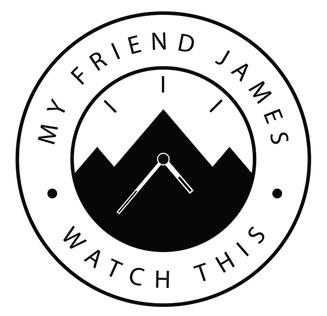Indigenous Peoples protect our world from climate chaos: Their survival is our own.
Photo Credit: Michael Clark Photography for Tribes on the Edge
In 2007, a member of the Marúbo tribe asked Céline Cousteau to share his peoples’ story with the world, which resulted in a ten-year commitment to these people and the jungle told through the documentary film Tribes on the Edge. Learn more about this work and how to support the Amazon’s Indigenous Peoples.
COVID-19 has spread to isolated communities in the Brazilian Amazon with devastating consequences. But, these Indigenous Peoples have long been under attack by miners, loggers and poachers—not to mention evangelical missionaries and the government’s slow dismantling of indigenous rights.
This is not a far-away issue. While it may be difficult to grasp as we navigate our own personal tragedies amidst a global pandemic, we must recognize that their survival is our own. Life beyond COVID-19 is uncertain, but without Indigenous Peoples, there is no future against an even bigger fight looming beyond the pandemic: climate change.
Our global dependence on Indigenous Peoples
In many ways, small isolated communities of Indigenous Peoples around the world are all that stand between climate chaos and total collapse of the delicate balance that makes all life possible on our planet. They make up less than 6% of the global population and protect 80% of our planet’s biodiversity. In Brazil, demarcation of indigenous land provides a barrier to destruction of the Amazon Rainforest, both legally and because these stewards of the natural world protect local flora and fauna and don’t allow deforestation on their lands.
The Amazon Rainforest is crucial to life around the world. It produces 20% of our global oxygen and is referred to as the “world’s largest medicine cabinet,” with 25% of all drugs used today derived from rainforest plants. Every 5th breath we take and every 4th time we reach into our medicine cabinet, we are reaching into the heart of the jungle. The survival of the Amazon and its frontline guardians are intrinsically tied to our own survival around the world.
Photo Credit: Michael Clark Photography for Tribes on the Edge - Marubo village of Boa Vista- Vale do Javari, Brazil
Is the pandemic forcing us to reevaluate our priorities?
COVID-19 continues to rattle our world both individually and collectively. Our ability to beat this virus depends upon our commitment to come together as one collective front. The virus sheds light on the fragility of human existence and the deep structural inequalities that our world is built upon—usually masked by our fast-paced lifestyles. This pandemic prompts us all to reevaluate current patterns of consumption and economic growth to the detriment of our planet and its people.
Today, we are asked to redefine our responsibility to ourselves, to others and to our planet.
We’re seeing the critical significance individual actions have on our collective future. Heroic acts from doctors on the front lines and committed citizens adopting strict physical distancing prove the life-saving potential our global community holds when we join together as one.
We’re also seeing the virus unequally impacting people of color and indigenous communities around the world.
Applying these lessons to protecting Indigenous Peoples
How can we support the Amazon’s indigenous communities (and those around the world) who—by extension of protecting their own culture, livelihoods and lands—protect all of humanity?
The pandemic reminds us that our survival depends on our actions.
We do have the ability to unify as one global community. We can listen to their stories, pressure governments for protection and support projects that work with and for Indigenous Peoples. The power of solidarity is one that should never be overlooked. Together, we can amplify the voices of the forest that have been silenced for far too long.


